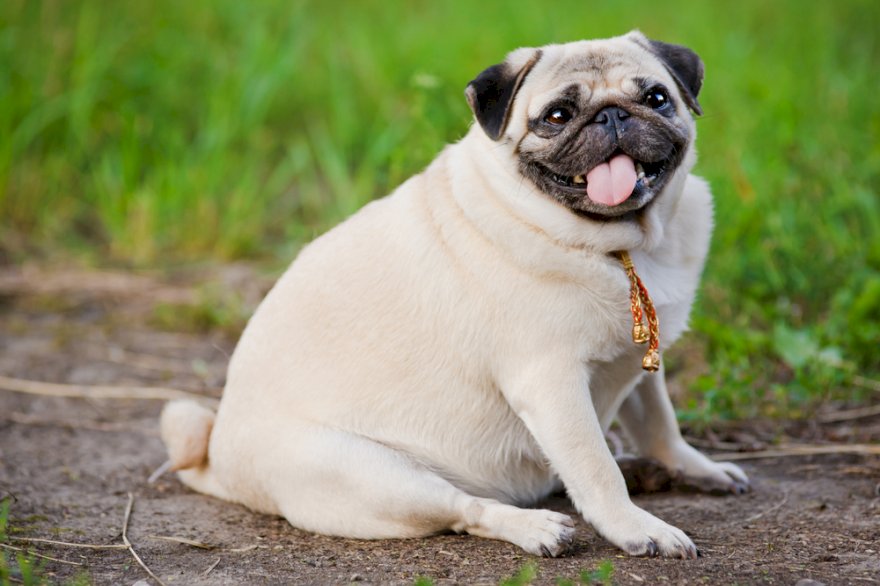How To Prevent Obesity In Dogs

It is a natural instinct to reward our dogs with tasty treats, which excites them and in turn makes us happy.
However, there is a fine line between a healthy weight and obesity, meaning those little treats can cause a great deal of damage if we are not careful. We have taken a look at what can cause obesity in dogs and at how we can try to prevent it.
How to tell if your pet is obese
There are a few simple things to look out for in your dog to see if they are considered obese.
- Excessive panting
- Not wanting to go for walks
- Tiredness
- Needing help to move around
- Sagging
- You are unable to identify their ribs without any excess covering of fat
- You can’t see their waist from all angles, including from above
- When you look at your dog from the side their belly is hanging down
What problems can pet obesity cause?
If your pet is overweight it can cause many problems, or make existing ones much worse.
- Respiratory diseases
- High blood pressure
- Diabetes
- Cancer
- Arthritis
- Inability to play or walk naturally
- Tiredness and lack of energy
What are the causes of pet obesity?
It can often be a combination of reasons as to why a dog gains weight, some which are easily fixed and others which may need a vets help in terms of medication.
- Neutering can sometimes cause a pet to gain weight
- Having food portions that are above the recommended guide
- Eating foods that are high in fat
- Lack of exercise
- Conditions such as arthritis that limit a dogs movement and ability to exercise
- Being treated too often
- Eating scraps from the family meal
- Problems with the thyroid
How to prevent pet obesity
There are some easy ways to help your dog to start combating their obesity. If your pet is severely overweight, it is advisable to speak to your vet first, to ensure that you are helping them in the right way.
- It’s time to change their diet to low-fat, low-calorie foods such as light options from James Wellbeloved and Arden Grange
- Increase the amount of exercise that your dog has, through walking and playing
- Limit the amount of treats that you offer them and swap to a low fat variety
- Stop feeding your dog scraps from your own plate
- Reduce the number of times that you feed your dog per day
- Use a slow feeder to ensure that your dog is not eating too quickly, giving time for the food to register in their tummy




sujeesh
Testing
2 years ago